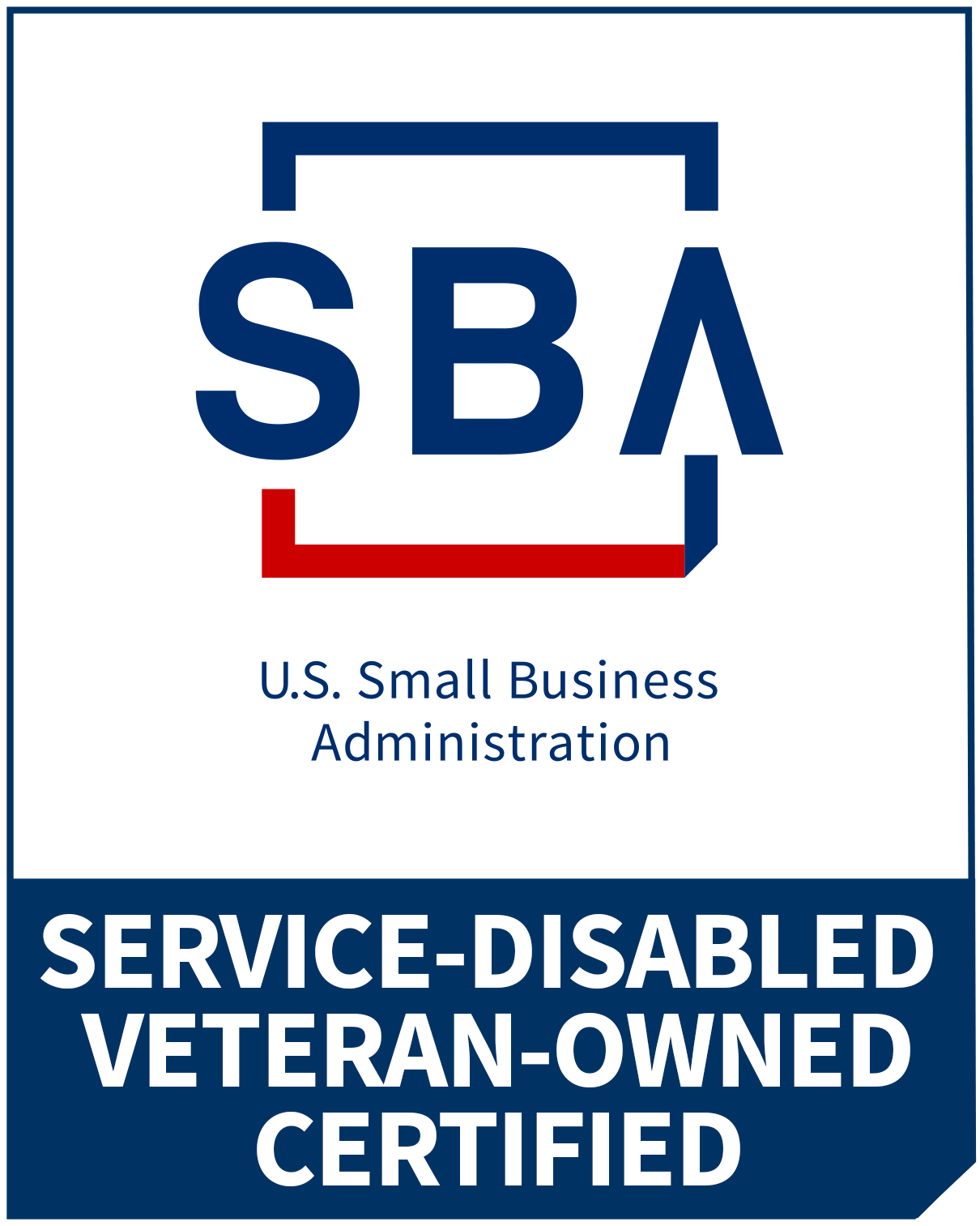This spring and summer have been rough on travel. My partner and I actually had a hotel cancel our reservation after the world ended. It was complicated by the fact that we’d used a combination of credit card points and cash to make the reservation for two different rooms, one for us and one for my partner’s mother.
It was probably the somewhat complicated nature of the way we originally placed the reservation that made getting our refund such a mess. Over the course of two months and four separate interactions, we spent upwards of six hours on the phone or in a chat with agents; some credit card people, some ‘points’ people (a lot of folks don’t know that in many instances, the loyalty program isn’t run by the same company with whom you have loyalty).
It was a comedy of errors each time we reached out and tried to reconcile the issue, and the refunds and return of points actually dribbled in over time with some points for one room here, the credit on the card back for the other room there, and so forth. We couldn’t figure out what was so complicated, even given that we were dealing with two different entities, especially considering the cancellation was initiated by them in the first place.
While my partner was frustrated, I was embarrassed. Embarrassed for our industry.
The source of frustration and embarrassment, however, was the same: The simplicity with which it was ultimately resolved.
The solution was finally reached when, in the last interaction (part of what took so long was the tempo of reaching out, being told okay it’s fixed, wait for a billing cycle, find it’s not fixed, then call back to get the process started over again…lather, rinse, repeat…the longest shampoo ever), the agent escalated the issue to a supervisor. My partner is an incredibly patient person (naturally, considering living life with me, wouldn’t one have to be?), so never asked for an escalation till then, at my recommendation. The supervisor was able to refund the points and issue a credit right then and there. All had shown up in the online accounts within 48 hours. Done.
Of course, this isn’t just a gripe-session. There are applicable lessons to be learned here.
I’ve written before about creating a Customer-centric culture. Two fundamental characteristics of such an environment are that front-line agents are enabled and empowered to take care of Customer needs. When the people in your organization closest to the Customers are provided with the tools necessary to solve problems and they’re authorized to use them, it makes the work more fulfilling for them and makes the experience smoother for the Customer.
I don’t know if the problem was that any of the front-line agents my partner spoke with didn’t know how to fix the problem or perhaps didn’t have the tools to do so. It could be that, at that level, this sort of problem is necessarily intractable, or perhaps the tools the front line has at its disposal simply don’t have access to the systems needed to fix it. Maybe this sort of issue takes a higher level of understanding and experience to figure out.
More likely, however, it just takes more seniority or authority the folks at that level don’t have. Very often routine things like this require escalation by design (for example, when I request a military discount at certain retailers…in this way, being eligible for a military discount offers me not just a break on prices but also insight into which retailers and service providers actually empower their front-line agents). There’s rarely anything intrinsically risky about devolving agency to perform such tasks to those on the front lines. If you ask those who put such policies in place, they’d likely talk about accountability, but I’d say the word is trust. Too many companies don’t think their own people are competent enough or, even more tragically, ethical enough, to make such decisions and so keep the tools they need to best help Customers locked away like dangerous knives. Why would you hire such people in the first place? What way is that to run a business?
In the end, we got our money and our points back. But at what real cost?




